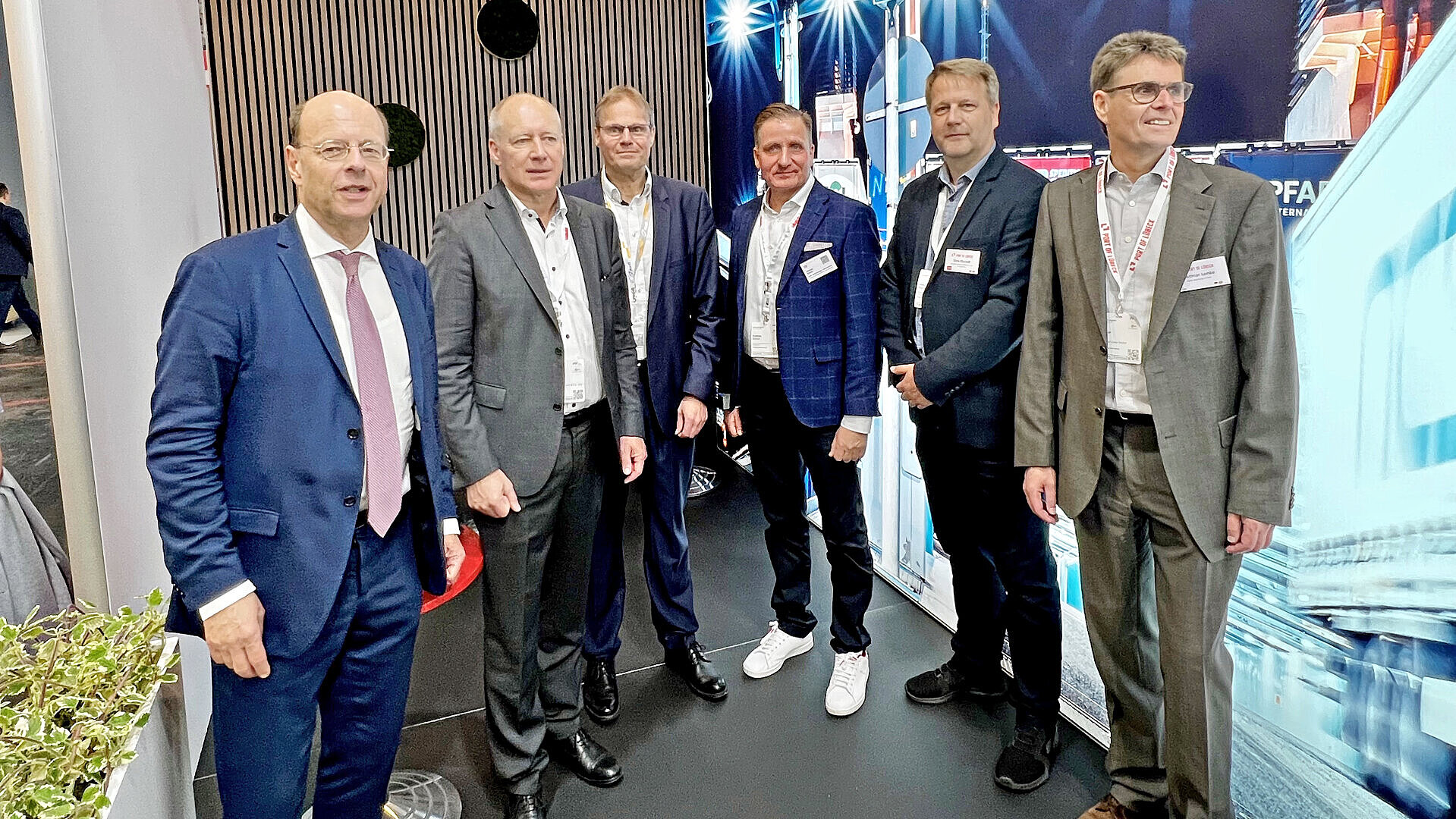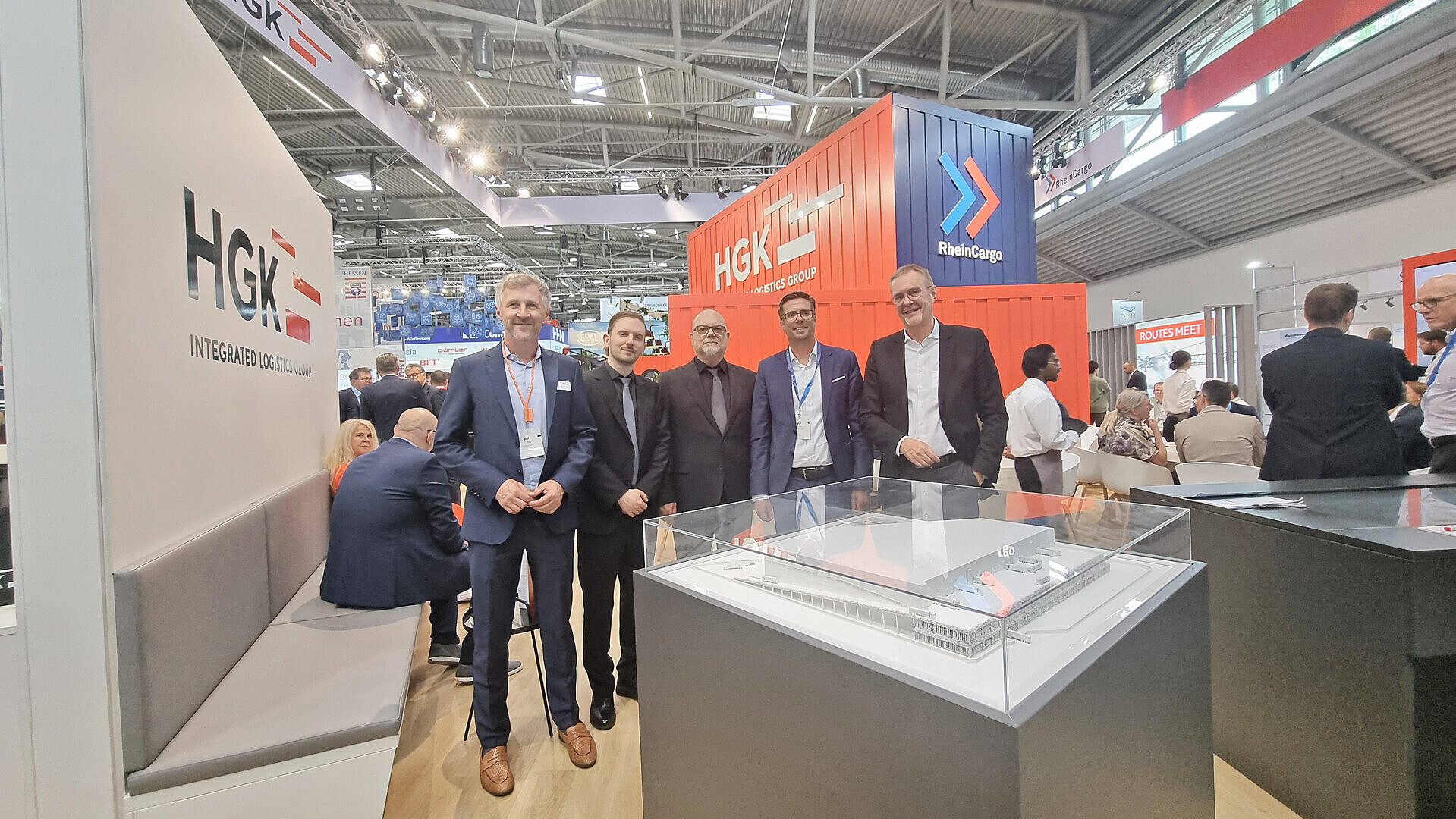
Open Logistics Foundation presents industry-ready eCMR software

At a press conference at transport logistic in Munich, the Open Logistics Foundation presented industry-ready software that brings the digital consignment note (eCMR) to a common standard. This software is legally compliant, interoperable and suitable for companies of all sizes and industries - freely available on an open source basis.
In other words, any company can download the eCMR software from the foundation's repository, customise it and use it, making it compatible with other users of the open source software. Companies can implement the software in their existing systems themselves or commission suitable IT service providers to do so. There are no licence fees.
‘The new open source software brings the digital consignment note to a common standard - not a formally standardised standard, but one that is legitimised through collaborative development and the backing of companies, a so-called de facto or industry standard,’ explains Andreas Nettsträter, CEO of the Open Logistics Foundation.
Following the proof of concept at the end of 2023 on two transport routes between Rhenus and Dachser, the industry-ready eCMR software has now been rolled out as part of two joint use cases in collaboration between Rhenus, Dachser and Blue Yonder.
28 member companies of the Open Logistics Foundation have promoted, tested and validated the software in the ‘Electronic Transport Documents’ working group. The Foundation provided procedural support for the project and secured it with technical and legal expertise. The origin of the project lies in an initiative of the Fraunhofer Institute for Material Flow and Logistics IML.
‘The new eCMR standard shows that open source simplifies the entry into digitalisation and is a driver for standardised commodities in digital value chains,’ explains Stefan Hohm from Dachser. "In tests with our IT partner Markant, the time saved by using the eCMR software is up to 60 per cent in some reference cases. This means a considerable reduction in workload for everyone involved in the transport chain - from the drivers and dispatchers to the recipients of the goods." (ab)



